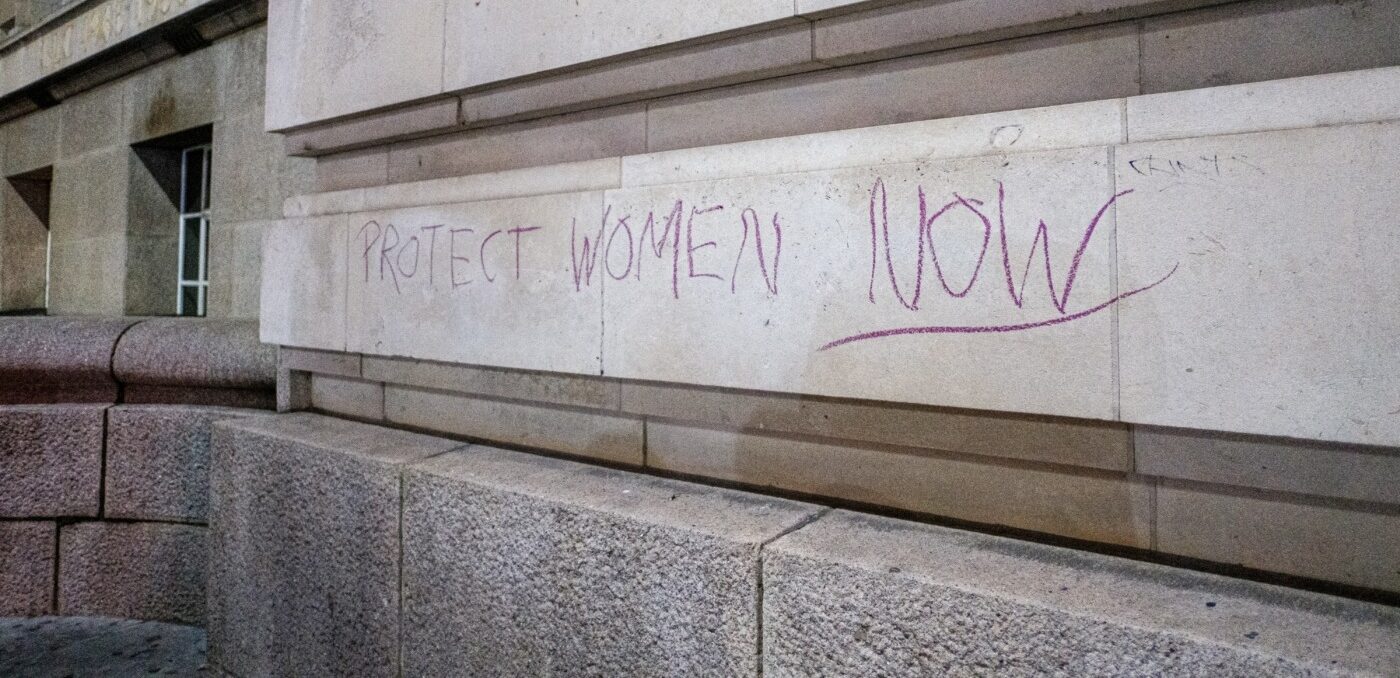All women must be represented in the Reclaim the Streets movement
The stolen life of Sarah Everard, 33, a beautiful and bright woman ripped away by a serving Metropolitan police officer, a member of the community who was meant to protect women not take their lives, has sparked a resurgence in the discussion about sexual harassment and sexual assault in the UK.
During this tragedy, it was also brought to light that 97% of women in the UK had experienced some form of sexual harassment, with 86% of those between the ages of 18-24 experiencing some form of sexual harassment in a public space, while 71% of women, across all age categories, have experienced sexual harassment in a public space. The executive director of UN Women UK described the issues of gender-based harassment and abuse as a “human rights crisis” that is not easily solvable.
The combination of the tragic death of Sarah Everard alongside this harrowing statistic has seen internet timelines fill with brave sexual assaults survivors sharing their stories of how they become part of that horrific 97% statistic.
The dialogue that has been opened throughout a quite mentally draining week has welcomed the resurgence of the Reclaim the Streets Movement. The Reclaim the Streets came as many gathered at vigils across the country for Sarah Everard, who was taken while walking home. Both these vigils and the Reclaim the Streets movement were to remember all women who had lost their lives at the hands of gender-based violence.
Both these vigils and the Reclaim the Streets movement were to remember all women who had lost their lives at the hands of gender-based violence
The movement is very much welcomed and is a dialogue we need to be discussing. However, the calls of the movement have been met by a poor response from the UK government in bids to try and make women feel safer. The government have expressed opposition to the amendment of the Domestic Abuse Bill which would see the creation of a national register for stalkers. The House of Lords did return this bill to the MPs for reconsideration on this decision. Instead of introducing bills that could go some way to making women feel safer, the government have introduced pilots of programmes of having uniformed and plainclothes police officers patrolling the nightclubs and pubs to protect women from predatory behaviour.
They also stated that they would be doubling their funding to the Safer Streets fund which would see an expenditure of £45m, this would aid in providing measures in neighbourhoods such as better CCTV and lighting. However, these measures are minimal and aren’t effective. We can’t trust the people who are meant to protect us, yet the government’s solution is to allow them in “plainclothes” in nightclubs. It seems to be ridiculous. They are doing everything but addressing the issue instead of introducing preventative measures, programmes, education and bills that would go some ways in protecting women. Instead they are giving more power to the police. How is that meant to make women feel safer within society?
Equally, the only criticism current resurgence of Reclaim The Streets and feminist activism dialogue that is being had is that there isn’t as much significant coverage over gender-based violence perpetrated against women of colour.
We do need to discuss sexual harassment and how gender biases and violence are systemically built within our societies and institutions
In September 2020, Blessing Olusegun, a 21-year-old student from Greenwich, was found deceased on Bexhill Beach in East Sussex. She was completing a placement period as a live-in carer for those with dementia as a part of her studies. Sussex Police delayed proper investigation of her death as the nature of her death was considered “mysterious”. It was only investigated further after the Sarah Everard case bought light to it. There was no outcry or vigils for Blessing. There was complete silence. Her death was only highlighted because of the unfortunate death of Sarah Everard. Both are extremely tragic and triggering events. Equally the point here is not to negate either being more tragic or untimely than the other but to display that Blessing’s case should have had equal coverage and public outcry to that of Sarah’s. We should acknowledge and hear all survivors and cases of gender-based violence no matter their race.
Reclaim the Streets and the new resurgence of feminist discourse amongst the general public is a positive thing and a much overdue conversation. We do need to discuss sexual harassment and how gender biases and violence are systemically built within our societies and institutions. We need to discuss how we intend to tackle this “human rights crisis”.
In the pursuit of gender equality and women’s safety, it is important to acknowledge that gender is race is not elements dissociable. The lived experience of every woman is not the same. The discriminations of women who come from racial and class background and have different sexual orientations are wildly different. It’s important that this current public feminist discourse includes an introspective look on Western feminism and its lack of intersectionality in acknowledging let alone addressing violence perpetrated against women of colour. Blessing Olusegun has received no justice amongst countless other women of colour who have lost their life due to gender-based violence. They deserve your attention and they deserve justice too.

Comments